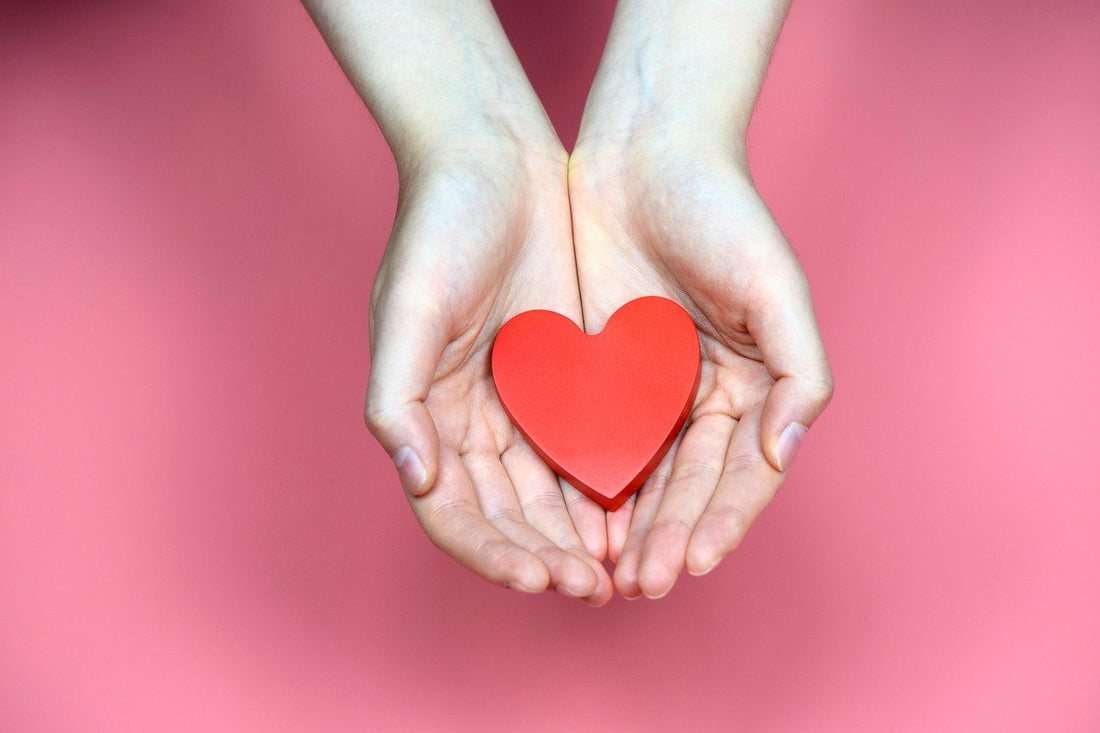
Why donate blood? Everything you need to know about Blood Donation and its benefits
Share
Discover the importance of donating blood, the steps to become a donor, and the benefits of this charitable action. Save lives and contribute to an essential cause.
Introduction
Donating blood is a simple but essential act that saves thousands of lives every day. Yet many people hesitate to take the plunge, due to lack of information or fear of the unknown. This article explores the benefits of donating blood, the process of becoming a donor, and why every donation counts.
1. Why is Blood Donation so important?
Blood donation is vital for hospitals and health centers. It helps save lives in emergency situations and treat many patients suffering from chronic diseases, cancers or serious accidents.
- Save lives : A single unit of blood can help up to three patients.
- Supporting medical treatments : Blood transfusions are essential for cancer treatments, surgical operations and complicated deliveries.
- Contribute to medical research : Blood donations also help support research in areas such as hematology and genetics.
2. Who can donate blood?
In France, the criteria for being eligible to donate blood are defined to ensure the safety of the donor and the recipient.
-
General conditions :
- Be between 18 and 70 years old.
- Weigh at least 50 kg.
- To be in good health.
-
Health status :
- Do not have any infectious diseases.
- Not have had recent major surgery.
- Certain medications or risky behaviors may temporarily prevent you from donating blood.
It is advisable to contact donation centers for precise and up-to-date information.
3. How does a Blood Donation take place?
Blood donation is a quick and safe process. Here are the main steps:
Registration and Pre-donation Interview : A healthcare professional assesses your health to ensure that you are fit to donate. This interview is confidential and allows for potential risks to be assessed.
Blood Collection : The collection takes about 10 minutes and is done in conditions of optimal comfort and safety. Only a small amount of blood (about 450 ml) is collected, which does not affect the donor's health.
Rest and Snack : After the collection, the donor is asked to rest and eat a snack to avoid any discomfort.
Medical Monitoring : In the event of a first experience or unusual sensations after donation, the donation center offers medical monitoring to ensure the donor's well-being.
4. The health benefits of Blood Donation
Besides saving lives, blood donation also offers health benefits to donors.
- Iron Balance : Donating blood helps regulate iron levels in the blood, which may be beneficial for some healthy people.
- Free screening : Before each donation, a screening test is carried out. This allows donors to receive a free health check and to be informed in the event of an anomaly.
- Personal satisfaction : Donating blood is an act of generosity that provides a feeling of satisfaction and solidarity.
5. The different types of Donation
There are several types of blood donations, each with a specific purpose depending on the needs of patients.
- Whole blood donation : This is the most common. The blood collected is separated into different components to be used optimally.
- Plasma donation : Used for patients with clotting disorders, plasma is collected and then the remaining blood is returned to the donor.
- Platelet donation : These cells are essential for patients undergoing chemotherapy or suffering from leukemia.
6. Frequently Asked Questions About Blood Donation
Is it painful to donate blood?
The collection is not painful, although some may experience slight discomfort. Medical staff ensure donors' comfort throughout the process.
Can you donate blood if you have a tattoo?
Yes, but it is necessary to wait at least 4 months after a tattoo or piercing to ensure the absence of infection.
How many times a year can you donate blood?
Men can donate up to 6 times a year, while women can donate 4 times a year. An interval of 8 weeks between each donation is required.
7. Where to donate blood?
In France, blood donations are organized by the French Blood Establishment (EFS). You can donate at fixed collection centers or at mobile collections organized regularly in cities. The locations and dates are available on the EFS website or via their mobile application.
Conclusion
Blood donation is a simple but essential act for society. By donating your blood, you contribute to saving lives and supporting medical care for many patients. Don't hesitate any longer and go to a donation center near you to make a gesture of solidarity that makes a real difference.
